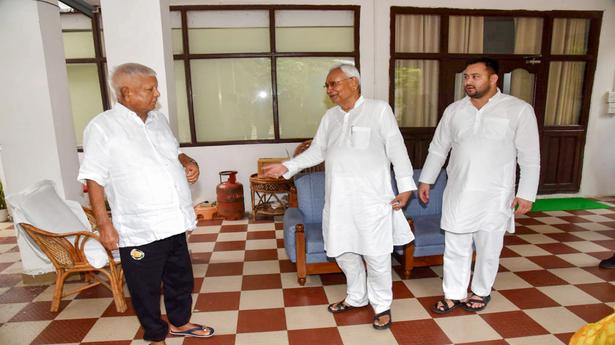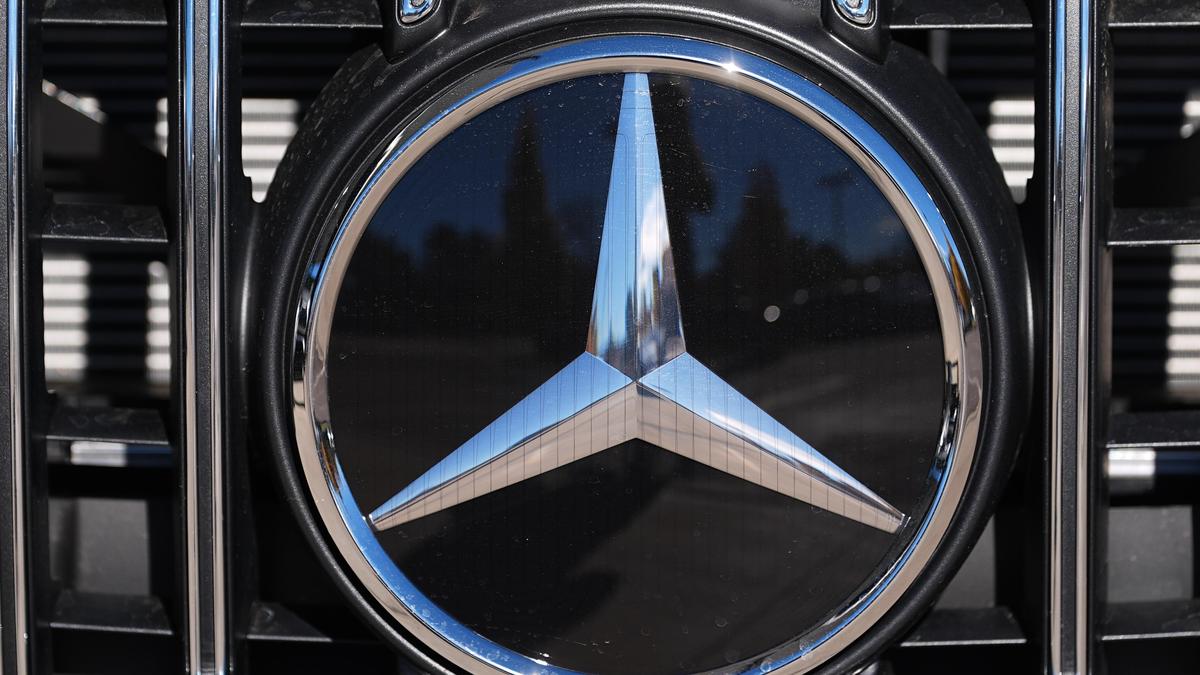Court is hearing petitions on different types of noise pollutions, including use of loudspeakers by religious institutions
Court is hearing petitions on different types of noise pollutions, including use of loudspeakers by religious institutions
The High Court of Karnataka on Friday directed the State government to clarify under which provision of the law permanent licences/permissions were given to religious institutions and places of worships for using loudspeakers in perpetuity.
A division bench comprising Chief Justice Ritu Raj Awasthi and Justice Ashok S. Kinagi issued the directions after it was complained to the court that the government has been issuing permanent licences to religious institutions even though there is no such provision in the Noise Pollution (Regulation and Control) Rules, 2000.
Types of pollution
The bench was hearing PIL petitions complaining about different types of noise pollutions, including use of loudspeakers by religious institutions, particularly mosques, in violation of the rules.
When a government advocate told the bench that no permanent licence is being granted for using loudspeakers, advocate Sridhar Prabhu, representing petitioners in a PIL petition, said grant of permanent licence is evident from the statement of objections filed on behalf of some of the mosques in their response filed to the petitions.
At this juncture, P. Usman, representing some of the mosques, said they were told to secure licence from the authorities concerned in the earlier round of litigations. And following this, they had applied for licence before the designated authority of the police department, which had ultimately granted them licences, copies of which were produced before the court.
While Mr. Prabhu contended that law does not provide for grant of permanent licence for use of loudspeakers, Mr. Usman defended that the grant of such licences is under Rule 5 of the 2005 Rules.
Status report
Following the claims and the counter-claims on the issue of grant of permanent licences, the bench directed the government to clarify the position while also directing it to submit a status report on the action taken to check noise pollution caused by other reasons such as illegal amplification or modification of vehicle silencers, by night clubs, etc., as was directed in November last year.







